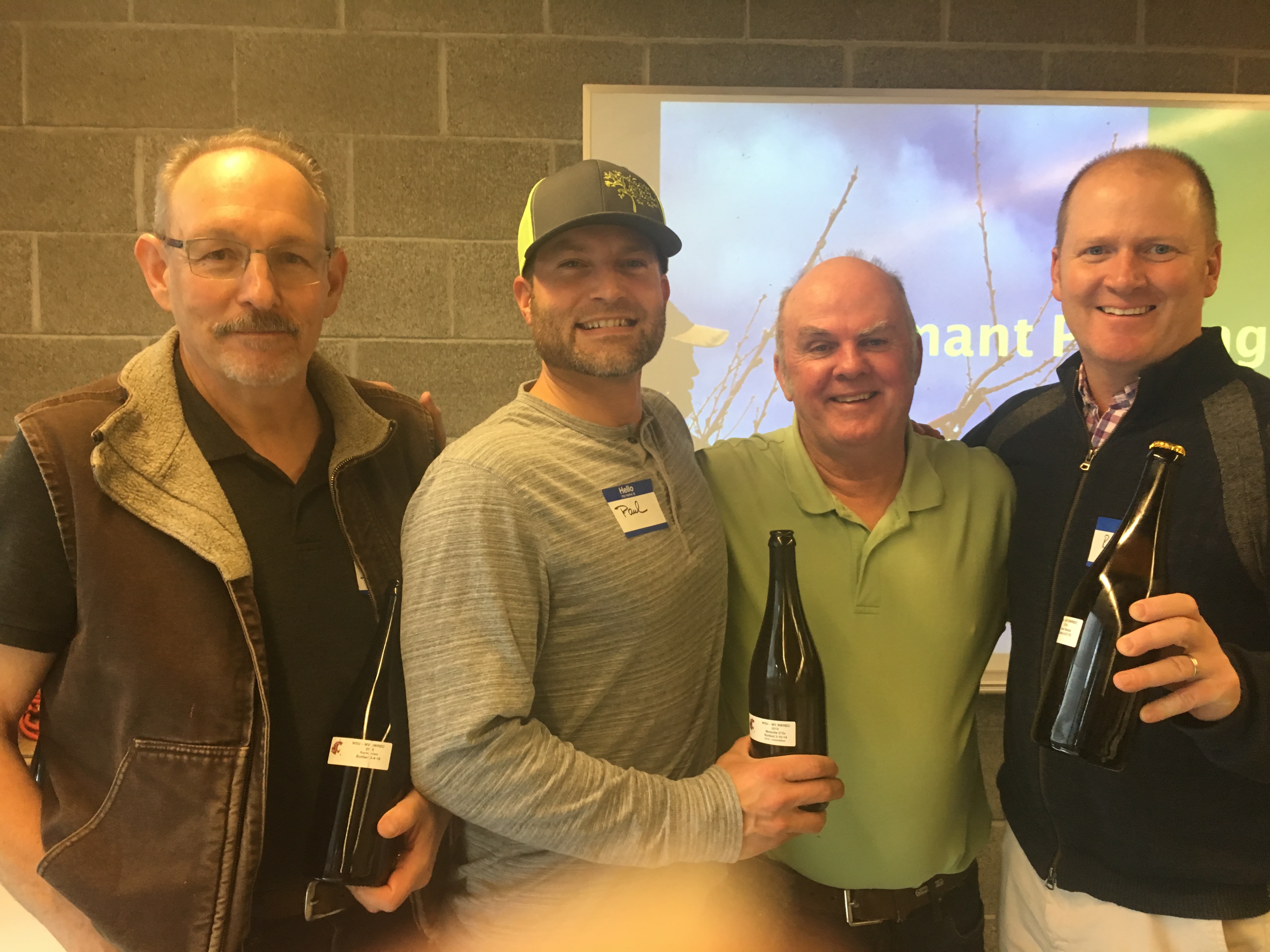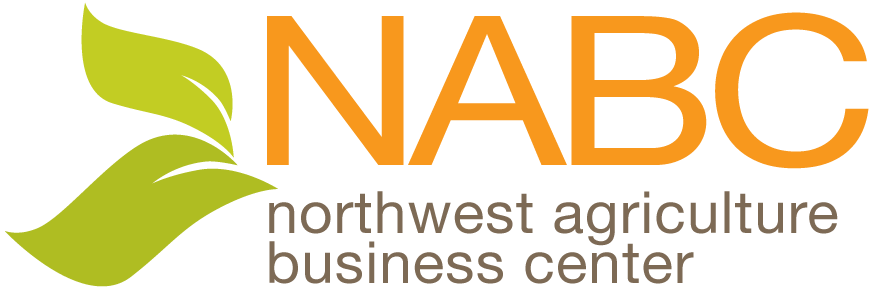NABC Hosts Cider and Perry Orcharding Workshop
Soil in Western Washington, Oregon and British Columbia will be feeding the roots of cider  trees in the future. A heightened interest in small acreage parcels is on the rise as new orchardists look to lease or purchase land for starting their cider and perry orchards.
trees in the future. A heightened interest in small acreage parcels is on the rise as new orchardists look to lease or purchase land for starting their cider and perry orchards.
So why now?
Cider and perry, as a combined category, is the fastest growing alcoholic beverage in the North America. Made from unique bittersweet and bittersharp apples (cider) and pears (perry), these specialty fruits have vastly different juice characteristics from their culinary counterparts: being valued for their tannins, acidity and complex character.
These age-old varieties of fruit, traditionally grown in UK and France have been in short supply in North America. With similar marine climates, Western Washington, Oregon and British Columbia of-fer new opportunities for orchardists growing these specialty fruits. NABC’s Cider & Perry Orcharding Workshop helped orchardists understand these fruits and learn marine climate orcharding strategies and techniques.
“If dessert fruit is readily available to the cider maker, then don’t grow it. Grow a selection of cider and perry fruit that is unique and not readily available,” says Gary Moulton a local orchardist and an instructor for the workshop.
Varietal sampling gave attendees tastes of Grimes Golden, Brown Snout, Kermerrian and Medaile D’Or cider fruit, as well as Hendre Huffcap perry fruit.
An attendee noted, “I learned pruning and training of fruit trees is both an art and a science…observing structure of the trees each year and changing the pruning regime accordingly… keeping my feet on the ground and staying actively engaged in the orchard.”
Participating in the class were three sponsors, all new businesses in the past few years because of the demand for cider and perry trees, scion and rootstock.
In the past 5 years, the popularity of cider and perry has opened a window of opportunity for new orchardists and new agricultural businesses like cider fruit nurseries. NABC will continue to help farmers and producers stay abreast of trends and learn about best practices through our classes and workshops.
